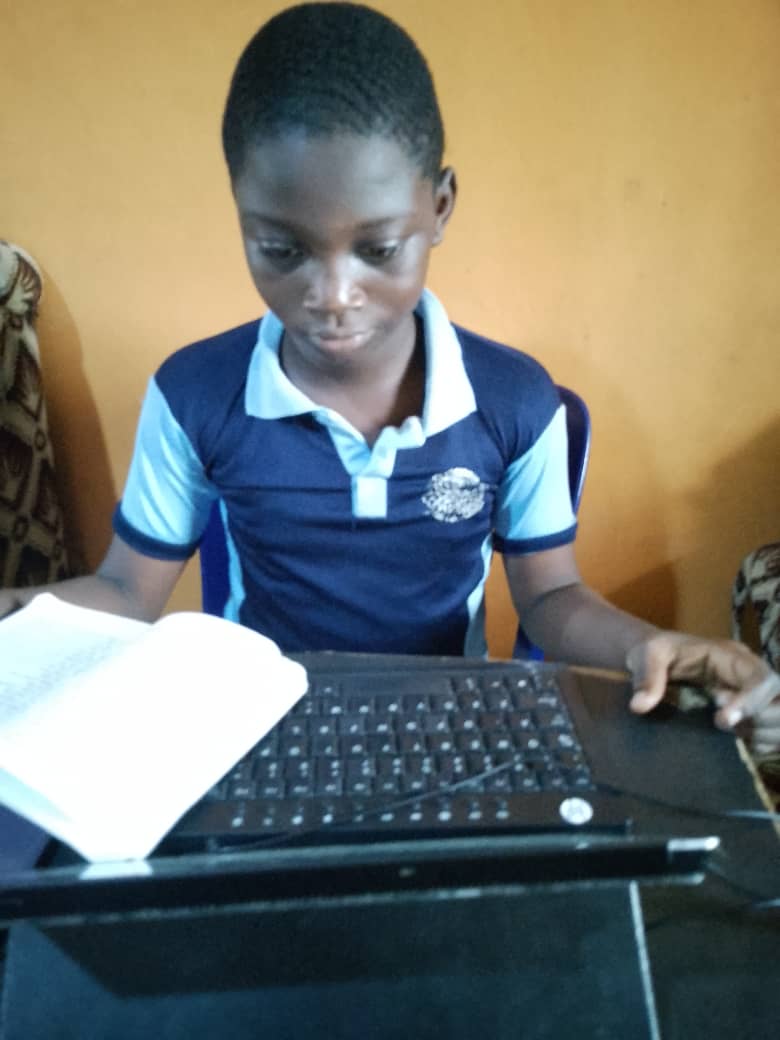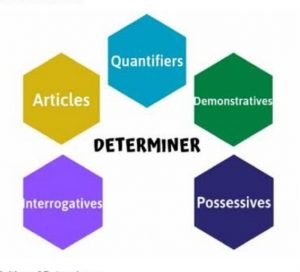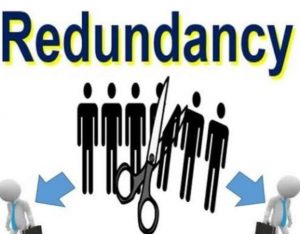
Effective communication is very critical to career or business success. As such, organisations and people who communicate effectively are more successful and peaceful. One thing that is very critical to effective communication is proficient application of language. Mastery of English Language has become more important in relationships today, especially that it is the showroom of one’s level of intelligence as a verbal first point of contact.
English, which is spoken by about one billion people and is most widely spoken around the world, is the language of diplomacy, finance, science, technology and business. So mastering language and communication allows you to effectively reach, sell and relate with a worldwide group of people. It also helps you enhance your career as an individual. In the business world, the bottom line is money, and communicating well allows you to save and earn it.
Self-justification and global business loss
In Nigeria for instance, we are masters at wrongly redeploying meanings of existing words and terms of English Language and even justifying the existence of Nigerian English whenever we are caught in the cobweb of grammatical errors or misapplication of English Language. Research shows that the problem of Nigerian English usage, with its attendant lack of global understanding and recognition, is depriving students, many organisations and individuals in Nigeria of the opportunity of enhancing their business or career prospects globally due to communication breakdown, now that the world has become a global village due to information and communications technology explosion.
Regional variants and recognition
It is noteworthy that regional variants or varieties of English are allowed because British English cannot sufficiently accommodate and accurately represent all cultural experiences of different cultural environments in the world. It is what you experience that you express in language. But before your variant of English can be recognised globally and become acceptable, it must be standardised and codified – you must produce a dictionary for it so that people around the world can understand it through your dictionary.
Not yet a code
But Nigeria English has not become a code because we still have Yoruba English, Hausa English, Igbo English, etc. That is, we have not come together to agree on standard Nigeria English. That is why if you travel outside Nigeria and some people say you Nigerians pronounce some words wrongly, you may quickly say it is not all tribes but a particular tribe. Imagine a situation where there is no British English dictionary, how do we learn English? A variant like American English is acceptable and recognised because despite its deviation from standard British English, there is a dictionary for it. At this juncture, let us examine the characteristics of Nigerian English.
“…before your variant of English can be recognised globally and become acceptable, it must be standardised and codified – you must produce a dictionary for it so that people around the world can understand it through your dictionary”
Local creativity
One of the characteristics of the so-called Nigerian English is local creativity. This manifests in the form of words like “Bride-price”, “Chewing-stick”, etc. For instance, the cultural experience of our forefathers was chewing-stick not tooth-brush. Also it is a bride-groom that pays money to a bride here when it comes to marriage. That is why language experts here have created the descriptive title “Bride-price” in place of “Dowry” to accurately represent our peculiar cultural experience in English. Dowry basically refers to the money and other property that a bride gives to a bride-groom in some societies.
Negative language transfer
Another feature of Nigerian English is negative language transfer. This refers to errors arising out of directly transferring (transliteration) expressions from our mother tongue into English.
Examples of these errors are “I am coming” when you are actually going;
“Do you understand what I have been saying since morning” even when you started in the afternoon;
“They are calling you” when it is only one person that is calling the person;
“Yes, I wasn’t” when we agree with a negative statement, etc.
The correct expression for “I am coming” is “I will be (right) back” when what it is the case is you are actually going. “I am coming” is direct translation of the Yoruba expression “Mo n bo”.
If you start a presentation in the afternoon and want to confirm if the audience members understand what you been saying, it is better to say “Do you understand what I have been saying since?” without adding the word “morning” which is very common in Yoruba English. It is also common to hear an expression such as “They are calling you” among Yoruba speakers. This is because in Yoruba Language, the third-person plural pronoun “They” is used for elders as a mark of honour. This is called “Honorific pronoun”. When you do direct translation (transliteration) of Yoruba into English, you end up using third-person plural pronoun “They” for an elder instead of “He” or “She”.
Additional information
It is also common for a Nigerian speaker of English to respond “Yes, I wasn’t” when he or she agrees to a negative statement or “No, I was” when he or she disagrees to a negative statement. The two standard ways of answering in English are “Yes, I was” and “No, I wasn’t”. Our major problem is with choosing between “Yes” and “No”. This arises from some of our local languages. For instance, if you tell a Nigerian speaker of English, “You weren’t around yesterday” and he or she was not, he or she will say “Yes” instead of “No”. By the time he or she adds the extension, it becomes self-contradictory.
Career/Business implication
If you ignorantly use all these culture-induced expressions in your interaction with a British business partner or boss, he or she will say you lie so much without knowing the language problems are caused by direct translation from your mother tongue.
Knowledge of dictionary symbols
Lack of knowledge of dictionary symbols or abbreviations is another feature of Nigerian English causing errors among speakers. In a bid to discuss much in the limited space of a dictionary, lexicographers (dictionary writers) normally use abbreviations and symbols in their illustrations. But many dictionary users in Nigeria find it difficult using dictionaries effectively, especially the grammatical aspect, because of ignorance of most of the abbreviations and word-class labels.
Examples of these abbreviations are “n” for noun; “v” for Verb; “adv” for Adverb; “adj” for Adjective; “pron” for Pronoun, etc. Lack of knowledge of these abbreviations makes many people in Nigeria pluralise uncountable nouns like “Potential”, “Fallout”, “Legislation”, “Equipment”, etc., despite the fact that the symbol [U] which means “Uncountable” is placed against them in the dictionary. Also the abbreviation “adj” is placed against words like “Mediocre” and “Destitute” to show they are adjectives. But lack of knowledge of what the abbreviation “adj” means makes most Nigerians use these words as nouns by saying “You are mediocres” and “Government should relocate the destitute”. The correct usage is “You are mediocre people”; “Government should relocate the destitute people”.
Americanism
Also lack of knowledge of dictionary symbols has led to ignorant usage of American English words in place of British English words. For instance, the short form “BrE” means British English while “AmE” means “American English”. “AmE” is written against the word “Gotten” with the “pp” symbol to show that it is the American English past participle of the verb “Get”. “BrE” is written against the word “Got” with a “pp” symbol to show that it is the British English past participle of Get”. But many Nigerians ignorantly say “I have gotten” instead of the British English version “I have got”.
Despite the short form “AmE” placed against American English words, many also use American English words like “Side Mirror” in place of the British English version “Wing mirror”; “Transportation” in place of the British English version “Transport”. We erroneously say “Ministry of Transportation” in Nigeria instead of “Ministry of Transport” even when we claim to speak British English.
(To be continued)
GOKE ILESANMI, Fellow of the Institute of Management Consultants of Nigeria and International Certified Management Consultant is Managing Consultant/CEO of Gokmar Communication Consulting, International Platinum Columnist, Professional Public Speaker/MC, Communication Specialist, Motivational Speaker and Career Management Coach. He is also a Book Reviewer, Biographer and Editorial Consultant.
Email: gokeiles2010@gmail.com





















